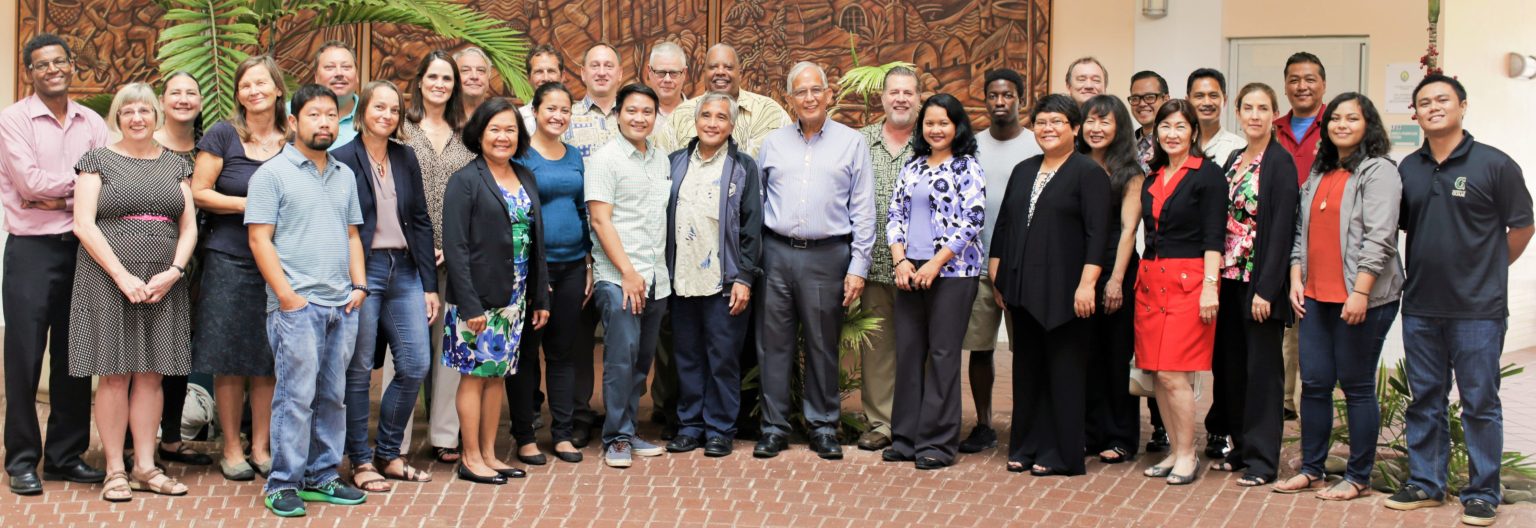MANGILAO, Gu. (Nov. 27, 2019) – The battle against cancer has been an ongoing topic of discussion in the health community. There is a lack of information regarding cancer and its prevention.
According to UOG associate professor of nursing, Ana Joy Mendez, there is a lack of initiative in the island community to get screened for cancer, causing a rise in cancer rates. This becomes a problem when doctors diagnose people with colorectal cancer late into the disease. Even with colonoscopies, it may be too late to find solutions for these individuals.
As a way to combat this terrible disease, the Guam Community Outreach Core has been developed to increase awareness for cancer and how each individual can prevent this disease. COC is a Guam based outreach program and is part of the UOG Cancer Research Center. It is one of the shared cores with the CRC at the University of Hawaii.
According to the co-principle investigator of COC, Lilnabeth Somera, COC’s main goals are to provide support for cancer research projects and to work with the community to raise awareness about cancer screening and prevention.
“The Community Outreach Core has been able to contribute to more awareness about cancer burden,” Somera said.
COC has taken part in a series of health fairs. This included a symposium in June 2019 that addressed the need to raise awareness about colorectal cancer.
Regarding colorectal cancer, COC makes efforts to connect with the youth in order to implement cancer activism early on. Throughout various points in the year, the members of COC organize an interactive booth that is usually set up at the UOG English and communication building.
According to health educator, Angelina Mummert, along with Somera, the booth is a large, inflatable colon named Kulu. Students and faculty can walk through this inflatable colon where it showcases various stages of colorectal cancer. This offers insight into this specific type of cancer and highlights the importance of getting an early screening.
Somera said that COC is currently working with four clinics to raise awareness about cancer on the island. They have provided tool kits for them and they are preparing to send COC a six-month survey to see if there have been any changes in the rates of colorectal cancer screening among islanders.
Somera also said that it is vital that individuals 50 years and older take part in screening for any type of cancer. The program makes it a goal to encourage at least 80 percent of people to get screened for cancer. However, only 64 percent of the community has done so. Early detection is very important especially since there has been an influx of Guam cancer cases where doctors diagnose patients during the very late stages of the disease.
“Cancer prevention saves lives,” Somera said.
The Guam Community Outreach Core is found at the Guam Cancer Research Center in House 7 at the University of Guam Dean’s Circle.
For more information, visit the Guam Cancer Research Center’s website at http://www.guamcrc.org.

